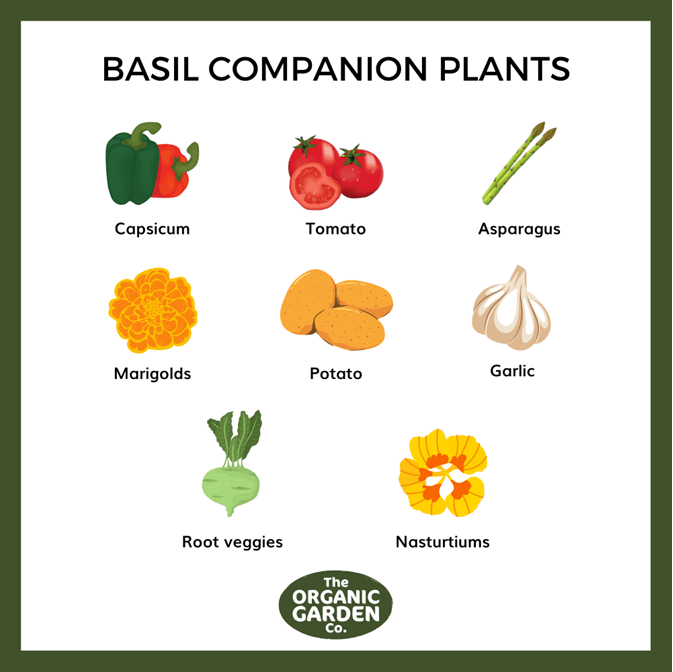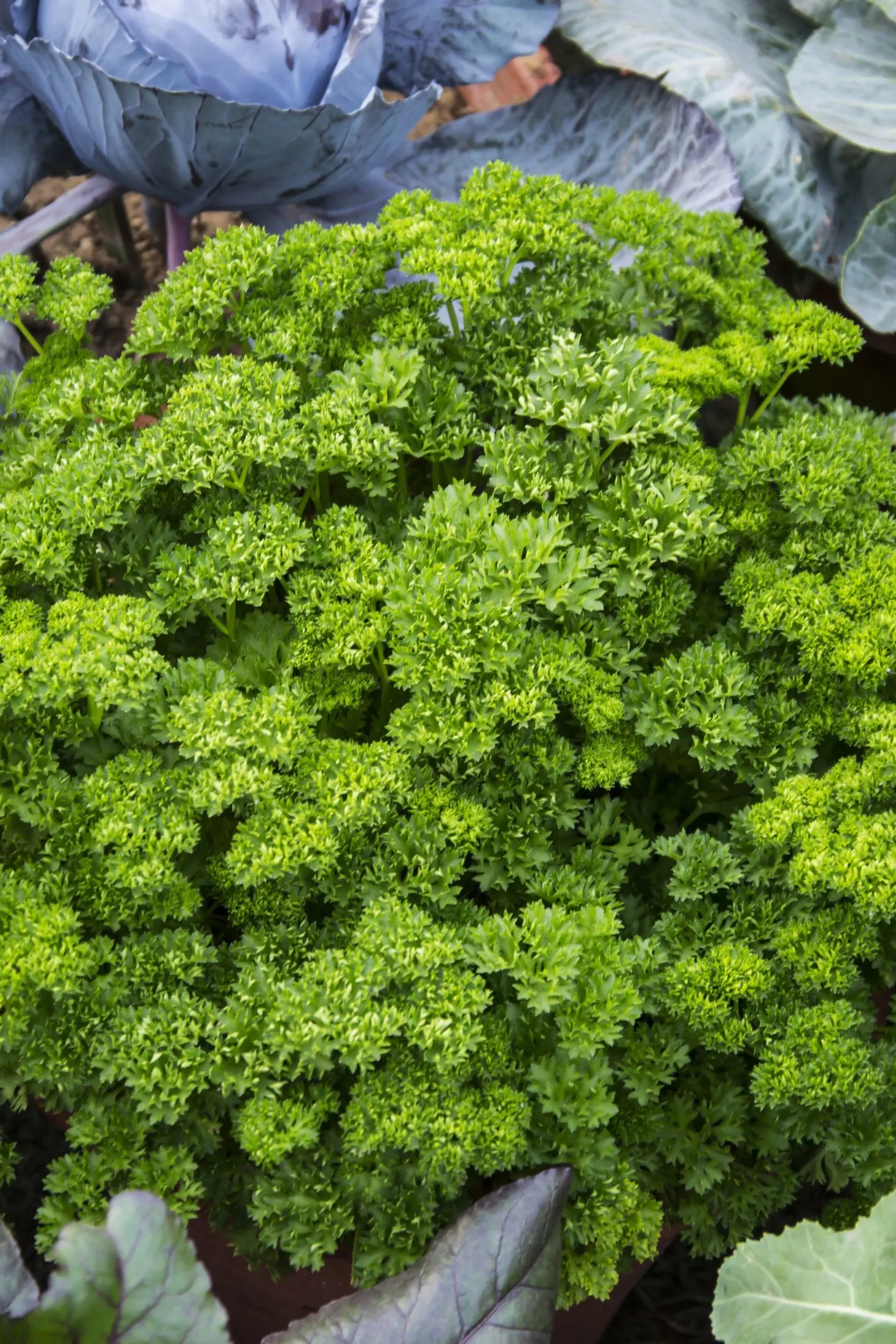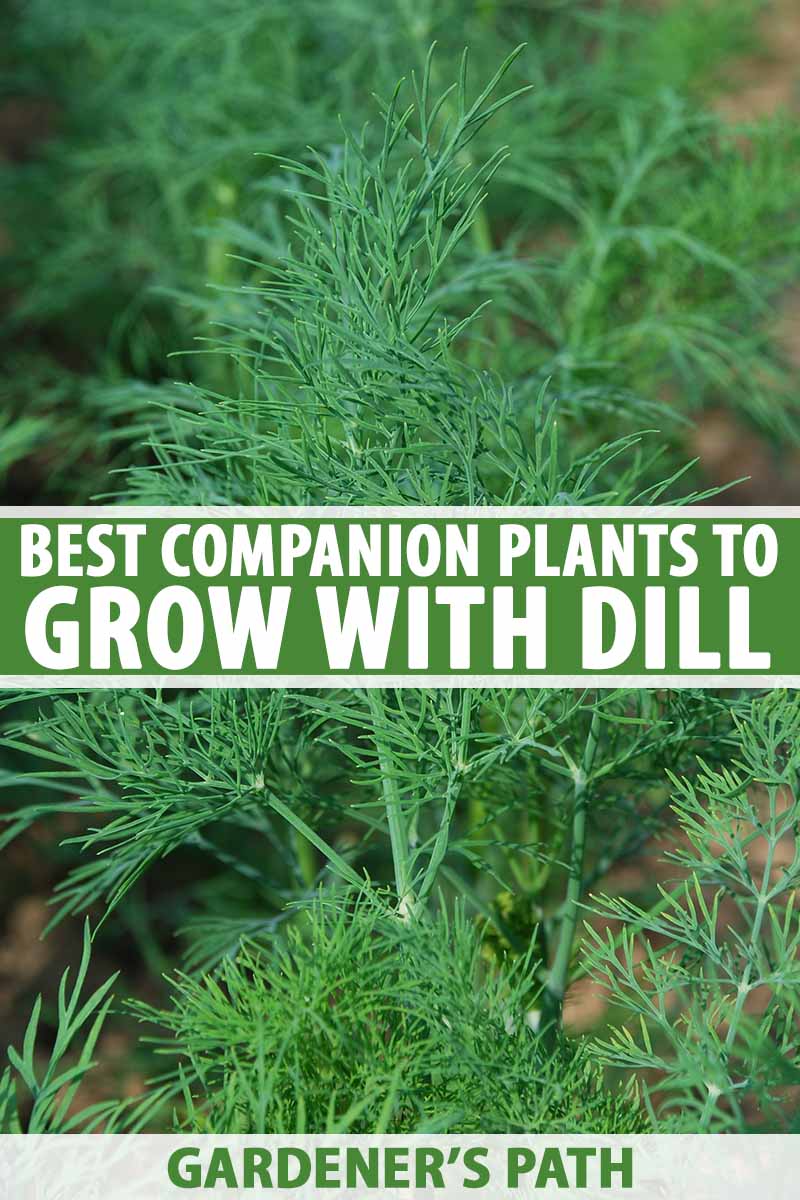Companion Plants That Will Make Your Asparagus Thrive
Introduction
Asparagus is a delicious and versatile vegetable that can be enjoyed in many different ways. It is also a relatively easy plant to grow, but there are a few things you can do to help it thrive. One of the most important things is to choose the right companion plants.
Companion planting is the practice of planting certain plants together to benefit each other. Some plants can help to improve the growth of others, while others can help to repel pests or diseases. When choosing companion plants for asparagus, there are a few things to keep in mind.
First, you want to choose plants that will not compete with asparagus for sunlight, water, or nutrients. Asparagus is a tall plant that needs plenty of space to grow. You also want to avoid planting plants that have similar root systems, as this can lead to root rot.
Second, you want to choose plants that will benefit asparagus in some way. Some plants can help to improve the flavor of asparagus, while others can help to repel pests or diseases.
Finally, you want to choose plants that will complement the look of your garden. Asparagus is a beautiful plant, so you want to choose companion plants that will enhance its beauty.
Main Content
Here are some of the best companion plants for asparagus:
- Nightshades
Nightshades, such as tomatoes, peppers, and eggplants, are excellent companion plants for asparagus. They release a chemical called solanine, which repels asparagus beetles. Asparagus, in turn, helps to protect nightshade plants from nematodes.
- Basil
Basil is another great companion plant for asparagus. It helps to repel asparagus beetles and other pests, and it also improves the flavor of asparagus. Basil is a relatively small plant, so it will not compete with asparagus for space.
- Marigolds
Marigolds are not only beautiful flowers, but they are also great companion plants for asparagus. They help to repel a variety of pests, including asparagus beetles, aphids, and whiteflies. Marigolds are also known to improve the soil quality, which can benefit asparagus plants.
- Nasturtiums
Nasturtiums are another flowering plant that is a good companion for asparagus. They help to repel asparagus beetles and other pests, and they also attract beneficial insects, such as ladybugs. Nasturtiums are also edible, so you can enjoy them in salads or sandwiches.
- Coriander
Coriander is a herb that is often used in cooking, but it is also a good companion plant for asparagus. It helps to repel aphids and spider mites, and it also improves the flavor of asparagus. Coriander is a relatively low-maintenance plant, so it is a good choice for busy gardeners.
- Comfrey
Comfrey is a deep-rooted plant that helps to improve the soil quality. This can benefit asparagus plants, as they need well-drained soil. Comfrey is also a good source of nitrogen, which is an important nutrient for asparagus.
- Rhubarb
Rhubarb is a perennial plant that can be grown alongside asparagus. It helps to suppress weeds and improve the soil quality. Rhubarb is also a good source of oxalic acid, which can help to repel pests.
Conclusion
These are just a few of the best companion plants for asparagus. By choosing the right companion plants, you can help to ensure that your asparagus plants thrive.
Asparagus is a delicious and versatile vegetable that can be enjoyed in many different ways. But did you know that there are certain plants that can help asparagus grow better and deter pests? These are known as companion plants, and they can be a valuable addition to any asparagus bed.
Some of the best companion plants for asparagus include:
- Nightshades: These plants, such as tomatoes, peppers, and eggplants, emit a chemical called solanine that helps to repel asparagus beetles.
- Herbs: Basil, parsley, and dill are all good companion plants for asparagus. They help to attract pollinators and deter pests.
- Flowers: Marigolds, nasturtiums, and asters are all attractive flowers that can also help to deter pests.
If you're looking for more information about companion plants for asparagus, I recommend visiting Gardenia Inspiration. This website has a comprehensive list of companion plants, as well as tips on how to plant and care for asparagus.
FAQ of companion plants with asparagus
Question 1: What are some good companion plants for asparagus?
Answer: Asparagus is a long-lived perennial vegetable that can be grown in the same spot for many years. It is a heavy feeder, so it is important to plant it with companion plants that do not compete for nutrients. Some good companion plants for asparagus include:
- Nightshades: Nightshades, such as tomatoes, peppers, and eggplants, emit a chemical called solanine that repels asparagus beetles. Asparagus, in turn, helps protect nightshades from root-knot nematodes.
- Marigolds: Marigolds are members of the Aster family, which also includes asparagus beetles. Marigolds release a scent that repels asparagus beetles, as well as other pests such as aphids and whiteflies.
- Basil: Basil is a fragrant herb that attracts pollinators, which can help to improve the pollination of asparagus flowers. Basil also helps to deter asparagus beetles.
- Parsley: Parsley is another fragrant herb that attracts pollinators. It also helps to deter asparagus beetles and other pests.
- Spinach: Spinach is a leafy green vegetable that does not compete with asparagus for nutrients. It can be planted between the rows of asparagus to help suppress weeds.
Question 2: What are some plants that should not be planted near asparagus?
Answer: There are a few plants that should not be planted near asparagus, as they can compete for nutrients or attract pests. These plants include:
- Onions: Onions and asparagus are both heavy feeders, so planting them together can lead to nutrient competition.
- Cabbage: Cabbage is a member of the brassica family, which is susceptible to the same pests as asparagus. Planting cabbage near asparagus can increase the risk of pest infestation.
- Beans: Beans can also compete with asparagus for nutrients. Additionally, the roots of beans can produce a chemical that can stunt the growth of asparagus.
Question 3: How far apart should companion plants be planted near asparagus?
Answer: The spacing requirements for companion plants will vary depending on the specific plant. However, as a general rule, companion plants should be spaced at least 12 inches apart from each other and 18 inches apart from asparagus plants. This will give the plants enough room to grow and thrive.
Question 4: When should companion plants be planted with asparagus?
Answer: Companion plants can be planted with asparagus at the same time as the asparagus plants, or they can be planted later in the season. If you are planting companion plants at the same time as the asparagus plants, it is important to choose plants that will not compete for sunlight or water.
Question 5: How do companion plants benefit asparagus?
Answer: Companion plants can benefit asparagus in a number of ways, including:
- Attracting pollinators: Companion plants that attract pollinators, such as marigolds and basil, can help to improve the pollination of asparagus flowers. This can lead to a higher yield of asparagus spears.
- Reducing pest pressure: Companion plants that repel pests, such as marigolds and parsley, can help to reduce the number of pests that attack asparagus plants. This can help to protect the plants and improve their overall health.
- Suppressing weeds: Companion plants that suppress weeds, such as spinach and lettuce, can help to keep the asparagus bed free of weeds. This can reduce the amount of time and effort that you need to spend weeding.
Image of companion plants with asparagus
5 different images of companion plants with asparagus from Pinterest:
- Basil: Basil is a great companion plant for asparagus because it helps to repel pests and attract beneficial insects. It also has a similar growing season, so you can plant them together and save space in your garden.

- Parsley: Parsley is another good companion plant for asparagus. It helps to improve the flavor of asparagus and also helps to deter asparagus beetles.

- Nasturtium: Nasturtium is a beautiful and edible flower that is a great companion plant for asparagus. It helps to repel asparagus beetles and other pests, and it also adds nitrogen to the soil, which benefits the asparagus plants.
- Tomatoes: Tomatoes are a good companion plant for asparagus because they help to suppress weeds and improve the flavor of asparagus. They also have similar growing requirements, so they can be planted together easily.
- Dill: Dill is a good companion plant for asparagus because it helps to repel asparagus rust. It also has a similar growing season, so you can plant them together and save space in your garden.

Post a Comment for "Companion Plants That Will Make Your Asparagus Thrive"